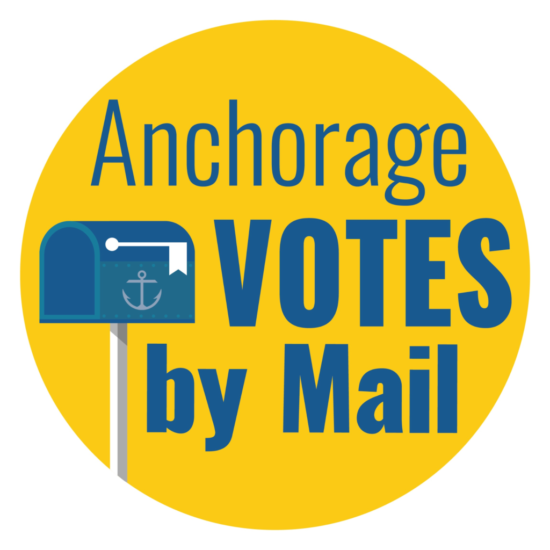Do Alaska Native tribes possess sovereignty?
A simple question that’s framed by dueling narratives. One story says the Alaska Native Claims Settlement Act — ANCSA — was a termination bill that should have extinguished tribal sovereignty. The other counters saying ANCSA was primarily a land settlement. A land bill that did create Native corporations but did not answer questions about governance.
Alaska, however, has stuck to a refusal to recognize tribal authority and has spent millions of dollars on litigation. In one such case, a federal court recognized tribal communities’ authority to put land into trust, removing lands from state control and a recognition of Indian country (a status similar to reservations in other states). Alaska appealed that decision to the U.S. Court of Appeals in Washington, D.C.
Then in November a new governor was elected. Bill Walker, an independent, and he promised a new way of doing business. A Walker transition team report said: “Where no tools exist, they must be created, such as establishing a mechanism (e.g., legislation, constitutional amendment, etc.) where Alaska tribes – as sovereign nations they are – negotiate and partner with the state of Alaska on an officially recognized, permanent government-to -government basis.”
But on February 9, the state of Alaska fell into its old patterns. It asked the appeals for a six-month stay to rethink its policy followed by some sort of status report. The state said: “The central issue in this appeal is purely legal: whether the Alaska Native Claims Settlement Act precludes the creation of new trust land in Alaska. However the decision whether to continue to pursue a judicial remedy, seek congressional action, or determine and implementing strategies for integrating trust land into Alaska’s ownership pattern — with the resulting impacts to state regulatory jurisdiction — are policy matters entrusted to a state administration that was inaugurated only a few weeks ago. As the state’s chief executive, the governor has the authority and obligation to frame state policy.”
I can think of a lot of governors who like the notion of absolute state authority, especially when it conflicts with tribal communities. But the hashtag would read: #NeverGonnaHappen. Native Americans have a right, even an obligation, to govern ourselves.











